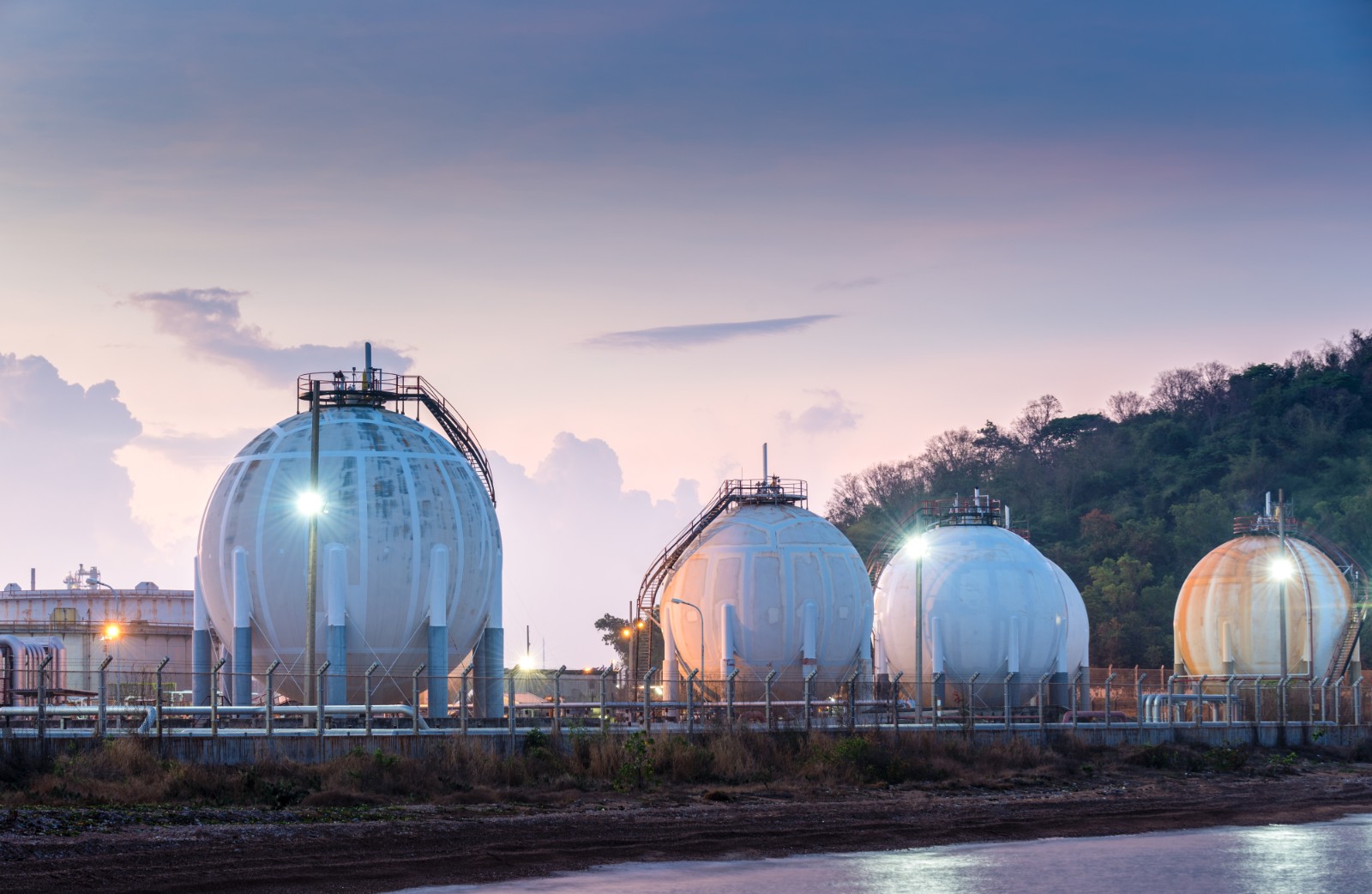Europe’s gas debacles seem to only get worse

The latest in the European natgas crisis blame game: The International Energy Agency (IEA) has said that Russia should increase its supply of natural gas to Europe, as skyrocketing prices threaten a winter energy crisis across the continent. The IEA — which is payrolled by mostly Western nations to advise and intervene on energy supply — said that while Russia had fulfilled its contractual obligations to Europe, it could make more natgas available to alleviate the current squeeze. “This is also an opportunity for Russia to underscore its credentials as a reliable supplier to the European market,” it added.
Turning up the heat on Russia: Greedy energy companies, increased orders from Asia, and the switch to renewables have all been blamed for shortages that have seen gas prices break records on the daily. But despite murmurs that Russia is withholding supply to force through a quick agreement on its new Nord Stream 2 gas pipeline to Europe, official fingers have until now been reticent to point the Kremlin’s way. A Sciences Po professor and former oil and gas adviser at the French economy ministry said the IEA was “highlighting what has been discussed in the industry for some time but many politicians in Europe have been hesitant to address — the role Russia has played in the current energy crisis.”
The US jumped at the chance to play hero, vowing to “stand up to” suppliers accused of manipulating prices, US energy secretary Jennifer Granholm said in a press briefing. The US will keep an eye on any possible manipulation of gas prices by hoarding or the failure to produce adequate supply, she added.
OPEC doubled down on blaming climate activists for the crisis, calling for increased investment in fossil fuels: “Emotions have overtaken industry facts,” OPEC Secretary-General Mohammad Barkindo said on a panel with the Emirati and Qatari energy ministers, reports Bloomberg. “Civil society and climate activists have taken over the space. Activist shareholders have held the industry nearly to ransom.”
And Europe prayed for a mild winter: The head of Vitol, the world’s biggest oil trader, said “markets are frantic and panicky at the moment,” adding that a warm winter in the northern hemisphere could be the only way to calm the volatility. The executive vice president of a French energy firm agreed: “Little can be done … We hope the start of the winter will not be too cold in the northern hemisphere. Otherwise, we are in trouble.”
The natgas crisis is leading to other problems as well, including shortages in CO2 and other gases: The carbon dioxide shortage taking place in the UK will spill over into Europe, distributor Nippon Gases tells the Financial Times, pointing to its supplies falling 50% across the region. Fertilizer companies are the main source of CO2, but rising natural gas prices have forced many to suspend or lower operations. The CO2 shortages are affecting sectors from soft drinks and meat to steel and nuclear power plants.
We don’t want to keep harping on the point, but Russia really isn’t the only place where Europe could get gas. The East Mediterranean is swimming in it, and the region’s countries have gotten together to coordinate on the East Mediterranean Gas Forum with Cairo as the location of its HQ. Egypt’s liquefaction plants, the only ones in the region, are due to receive gas from Israel’s Leviathan field and steps are being taken that would see gas from Cyprus’ Aphrodite field being liquified here.